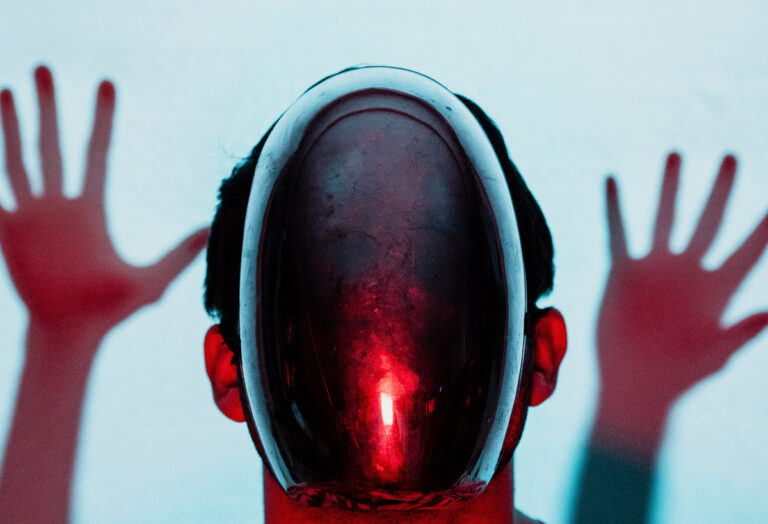Humans could soon be ‘hacked’ by AI, expert warns

It seems that almost everyday we read and learn something new about AI. Often you’ll come across cool and interesting headlines on the advancements of such technologies, to seemingly be used for the good of our planet. I mean, why not use AI to tackle racial inequality, predict and prevent suicide attempts, diagnose medical conditions like dementia, offer legal advice (yes, we’re talking about AI lawyers here) and even combat homelessness? However, those cool and interesting headlines come with a catch. Following them closely are evergreen reminders of the terrifying potential this technology harbours in making the dystopian, Blade Runner-type future a reality.
Some of the more terrible uses and mistakes of AI includes its controversial use to spy on prison inmates’ phone calls in the US, Facebook’s AI racial failure in labelling black men as ‘primates’, its continued failings in distinguishing between people of colour altogether, the worrying economic exploitation of vocal profiling and its uncertain and uncontrollable future—to name a few. Such headlines essentially trigger the overarching fear of hyper surveillance, one which gen Zers are increasingly trying to combat. Take UNLABELED for instance. The new fashion and textile brand creates clothing that will help you hide from AI and its new “surveillance capitalism.”
Today, however, it seems that AI’s toxic surveillance could reach even further. According to world-renowned historian and best-selling author of the infamous book ‘Sapiens’, Yuval Harari, there is a seemingly overdue warning when it comes to this space-age technology. If not regulated, Al will soon be used by big corporations to ‘hack’ human beings. Sitting down with journalist Anderson Cooper in an interview for CBS’ 60 Minutes, Harari spoke on the insidious and downright-scary implications regarding the future of such AI.
“Today, the world’s data is worth much more than money. Ten years ago, you had these big corporations paying billions and billions for WhatsApp, for Instagram, and people wonder, [are] they crazy? Why do they pay billions to get this application that doesn’t produce any money? And the reason why? Because it produced data,” he told the show. So, why is this data so important and how will it be used to ‘hack’ us?
Well, according to Harari, everything is about data now, “The world is increasingly cut up into spheres of data collection, of data harvesting. In the Cold War you had the iron curtain, now we have the silicon curtain between the USA and China, and where does the data go?” Harari points to, what we all know by now, as the prolific issue of ill-intentioned tech corporations—we’re looking at you Zuckerburg—harbouring massive swatches of data on their users. Giving over your personal data so freely to such apps can only lead to our detriment, argued Harari.
“Netflix tells us what to watch and Amazon tells us what to buy,” he explained. “Eventually within ten or twenty or thirty years, such algorithms could also tell you what to study at college and where to work and whom to marry and even whom to vote for.” But what comes next in his explanation is a type of AI surveillance that even UNLABELED can’t escape—AI could soon spy on your biometric data. But what exactly is this data?
“It’s data about what’s happening inside my body,” Harari told Cooper in the interview. “What we have seen so far, it’s corporations and governments collecting data about where we go, who we meet, what movies we watch. The next phase is surveillance going under our skin.” This new and extreme level of scrutiny could lead to a population of what the author calls “hacked humans.”
“To hack a human being is to get to know that person better than they know themselves,” Harari stated. “And based on that, to increasingly manipulate you.” Because of these concerns, the historian is calling upon governments around the world for serious regulation of AI and data collection uses. “Certainly, now we are at the point when we need global cooperation. You cannot regulate the explosive power of artificial intelligence on a national level,” he continued. Adding how all such data should not be compiled in only one place, “That’s a recipe for dictatorship,” Harari summed up.
It’s not all doom and gloom for the philosopher however, with proper regulation AI could actually still be used for good. “The whole thing is that it’s not just dystopian. It’s also utopian. I mean, this kind of data can also enable us to create the best health care system in history… The question is what else is being done with that data? And who supervises it? Who regulates it?”




